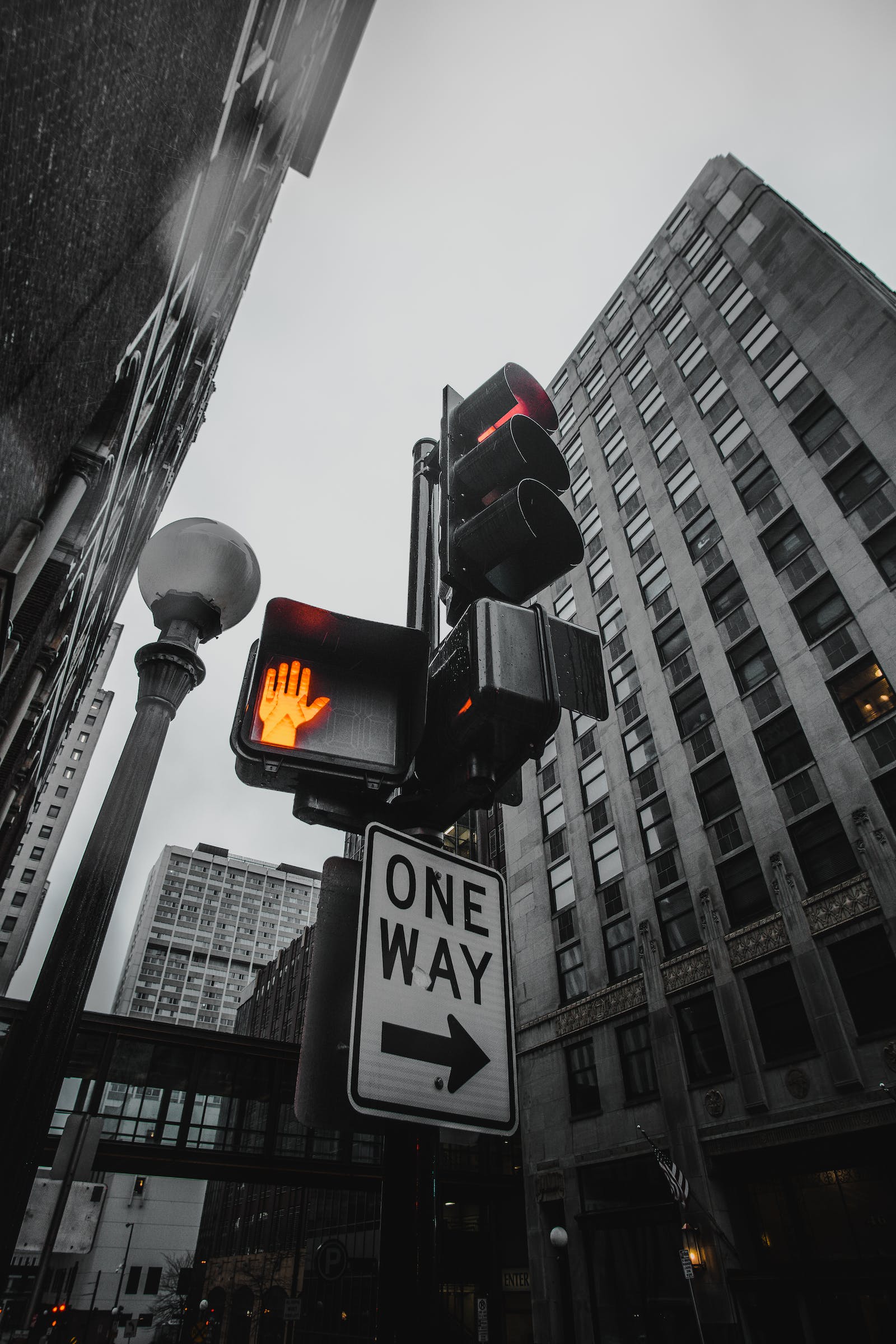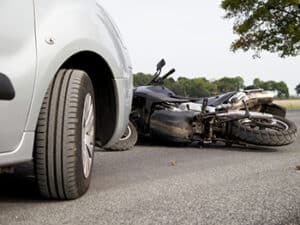How Is Fault Determined In A Baltimore Car Accident Case?

How Is Fault Determined In A Baltimore Car Accident Case?
It goes without saying the the participating driver’s in a Baltimore automobile accident are going to have opinions about what, or most likely who, caused it. Police officers, claims adjuster, attorneys, judges and jurors all give their conclusions on who caused an accident. No doubt, the experienced Baltimore Injury and accident lawyers trying the personal injury case will have arguments. But, the ultimate question is: How Is Fault Determined In A Baltimore Car Accident Case? Obviously, the conclusions offered by judge or a jury are going to be conclusive, absent an appeal. But what set of rules guide those conclusions? In a most general sense,
“…the body of principles that will be utilized to determine fault after a typical Baltimore automobile accident is known as “the rules of the road”.
Many of these rules can be found in Chapter 21 of the Transportation Article. For example, one can’t make a left turn across oncoming traffic unless it is safe to do so. One cannot change lanes unless it is safe to do so. One must obey traffic control devices, and so on. It is, moreover, a general rule that the violation of a statute is considered evidence of negligence, a concept known as negligence per se.

In a related manner, the violation of a local, city or county ordinance, or a statewide regulatory provision, can be considered evidence of negligence. Other “rules” are essentially applications of general negligence principles to specific situations involving the operation of cars and other motorized vehicles. For example, we all have an obligation not to engage in conduct that creates an unreasonable risk of harm to others that might cross our path. In other words, the law imposes an obligation to refrain from doing something a reasonable person in the same situation would also refrain from doing. The failure to conform one’s conduct is considered negligence. Baltimore personal injury attorneys spend their careers arguing about how that general principle applies to the specific facts of their respective clients’ cases. That has certainly been the case with my practice and through the years our practice has grown by fiercely representing clients from all corners of Baltimore’s 278 neighborhoods. However, our reach extends beyond the city—if you’ve been injured in suburban areas like Towson, we can provide experienced legal assistance. Towson, the large and active capital of Baltimore Co., has been the source of many personal injury car accident cases I’ve handled.If a case is presented to a jury, a judge will give those jurors instructions on what the law provides –whether, by way of a rule of the road, other provisions concerning automobiles, or substantive Maryland law defining negligence and related principles- and the jurors will apply those concepts to arrive at a determination of fault. I invite all potential clients to participate in a no-cost analysis and strategy conference. Contact me today to arrange a time to meet. 410 591 2835, or simply complete the form at the bottom of the page.



